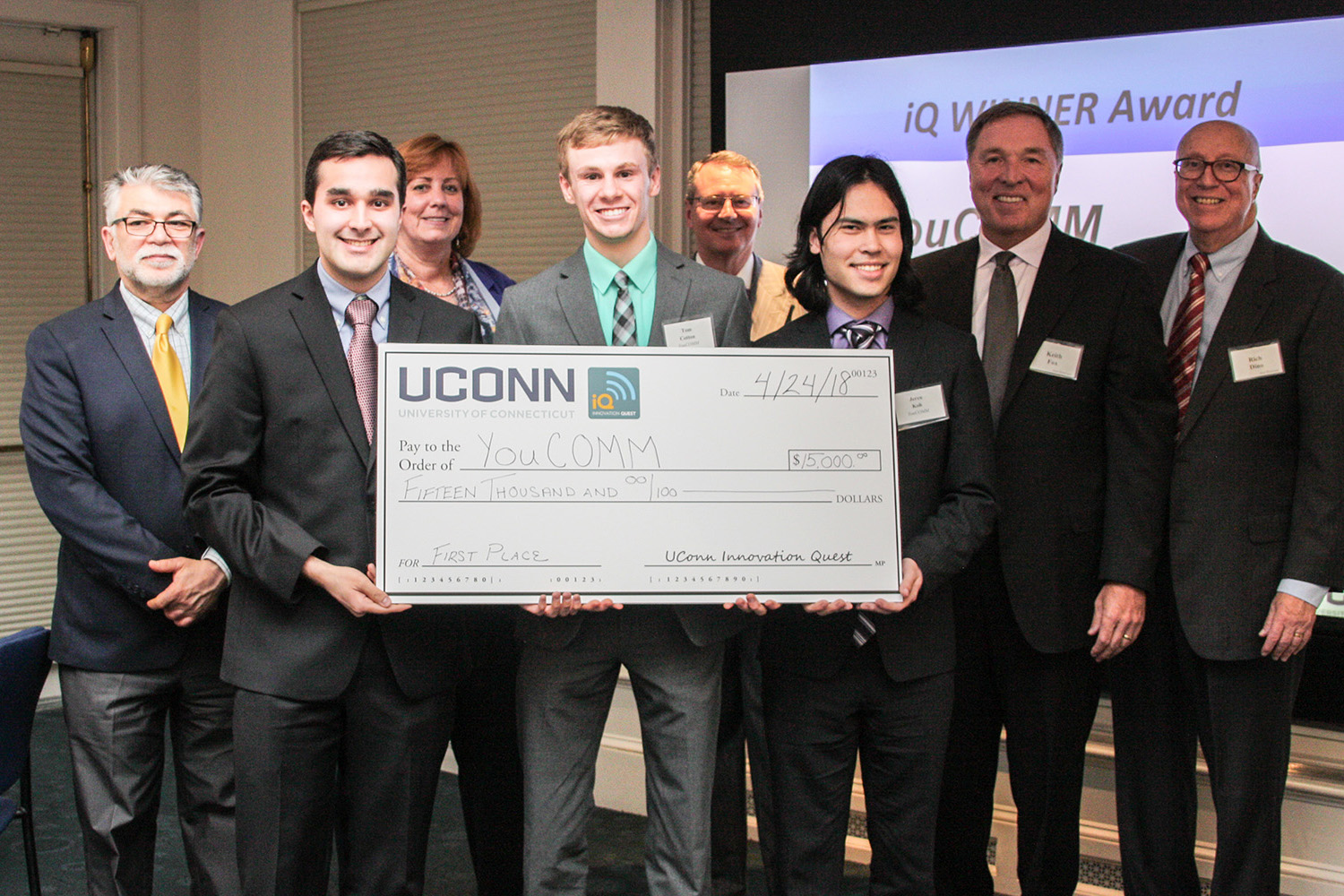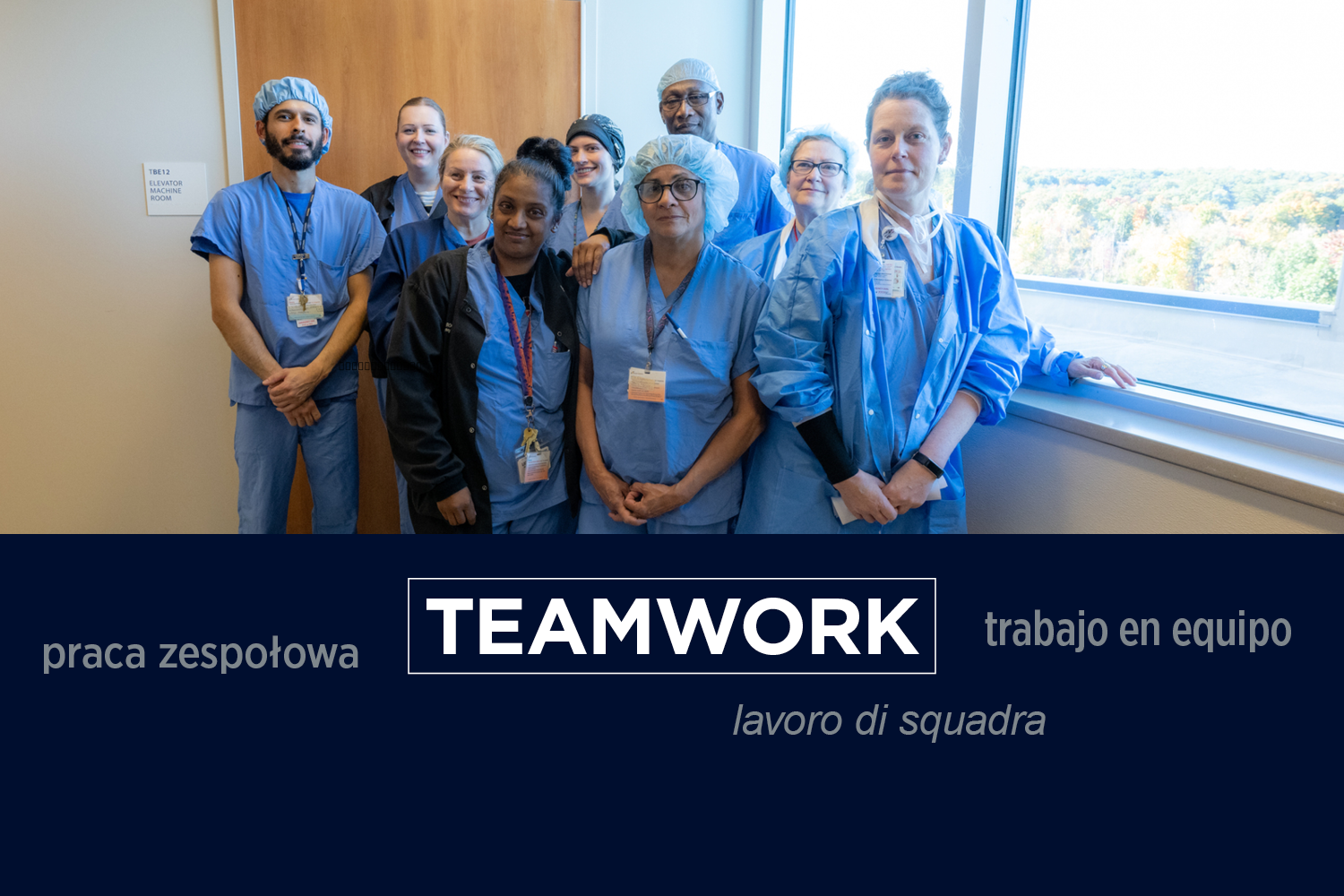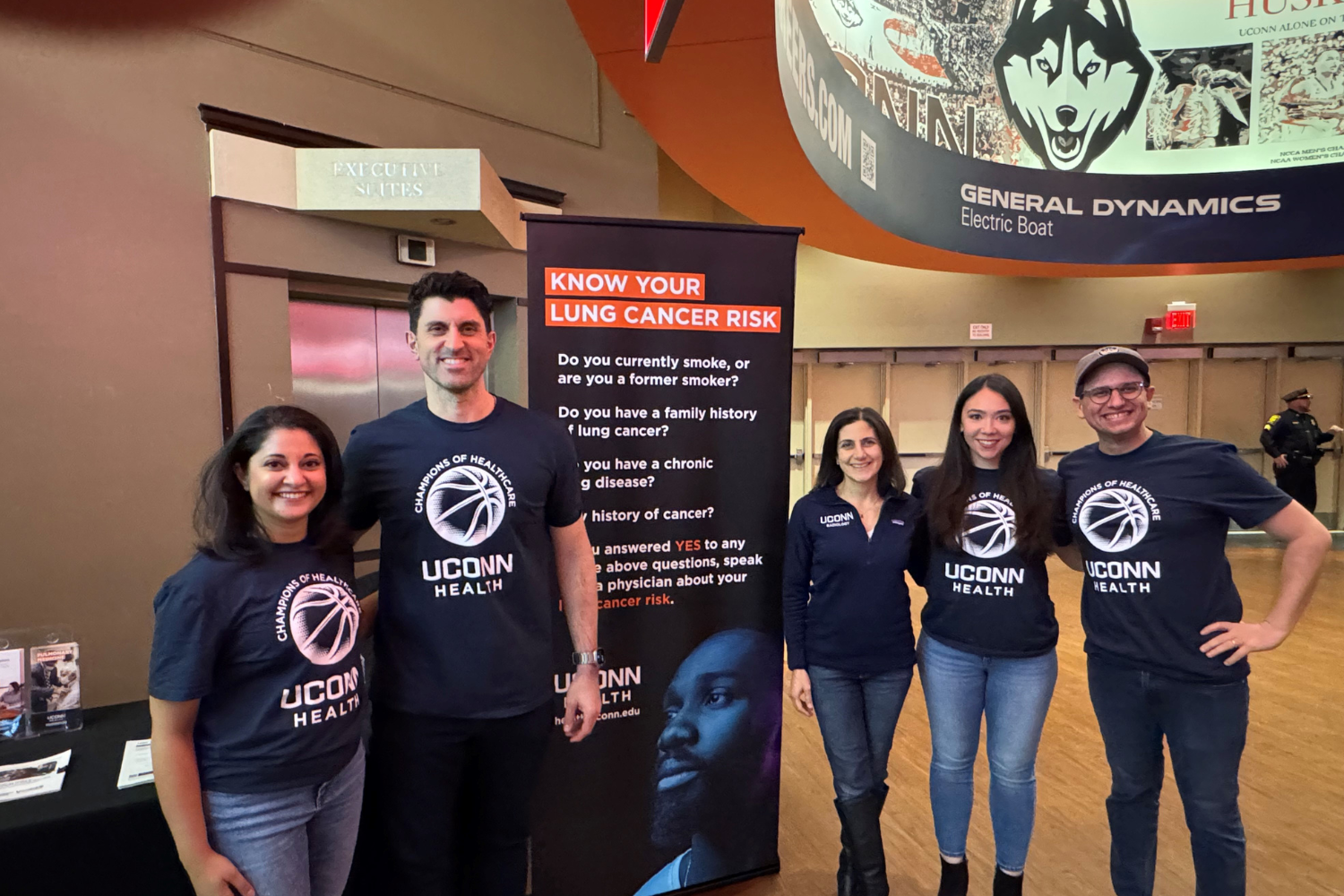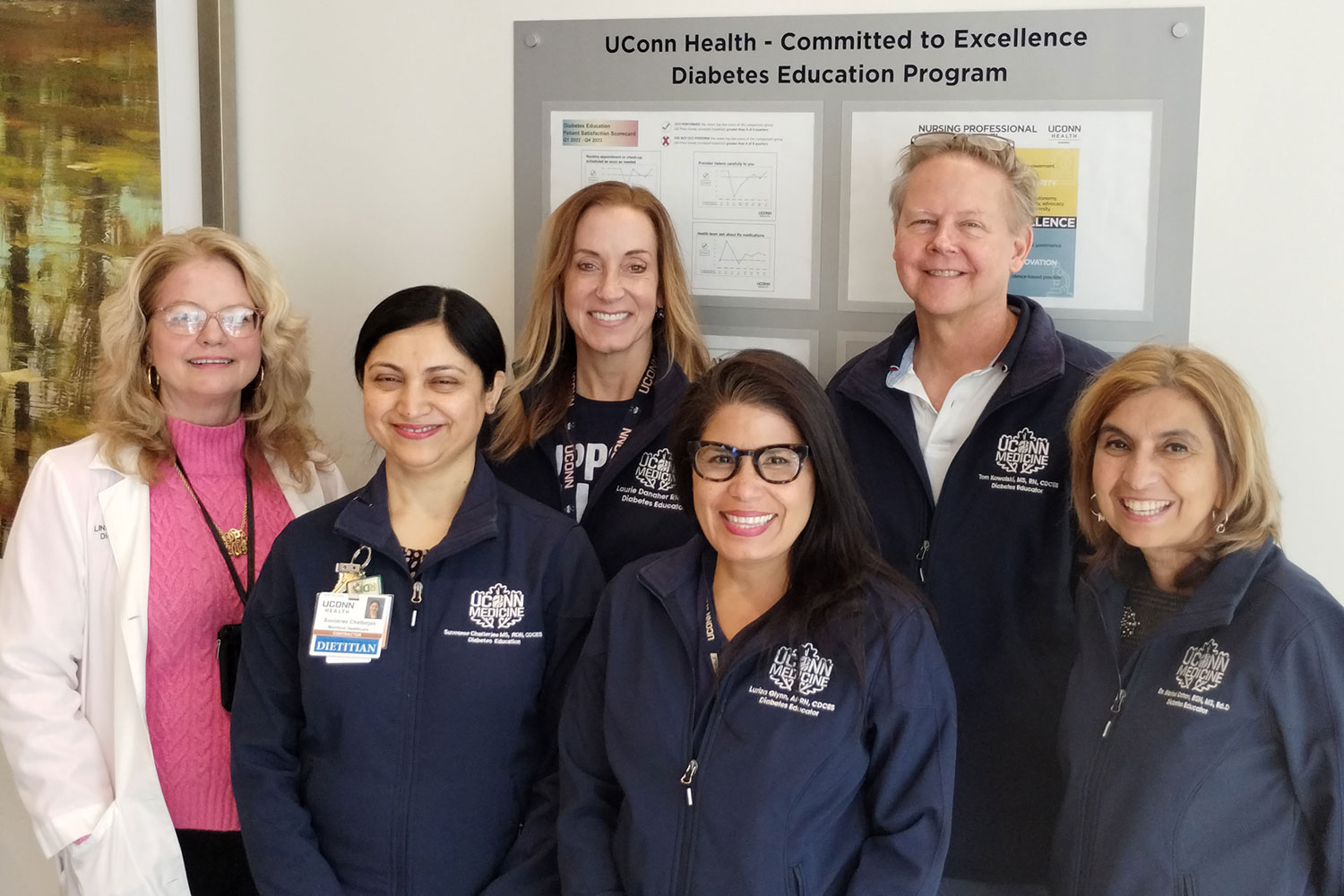A new app that would allow hospital patients to easily communicate with nurses, and replace the old-fashioned “call bell,” is the top winner in this year’s Innovation Quest (iQ) competition.
Friends Daniel Yasoshima and Tom Cotton, who graduated this month with Master of Science degrees in Biomedical Engineering, invented the app as their senior design project in 2016. The YouCOMM app won first place and a $15,000 award.
“We believe we’ve designed an incredibly intuitive system, that it easy for people to use,” said Yasoshima of the app that can be used on a tablet. It allows the staff to quickly know if a patient has an urgent need, or simply wants a drink of water. They have tested the app in healthcare facilities.
“One thing that sets us apart is the hands-free feature that allows people with a motor impairment, or multiple IVs, in their arm to use the voice-activated feature,” he said. “To our knowledge, that hasn’t been created before.”
The teammates were assisted in their project by Professor Patrick Kumavor and undergrad Jeren Koh.
Yasoshima said the educational and mentoring aspects of the iQ program are essential for entrepreneurs like himself and Cotton, who have engineering skills, but are less versed in business.
“The whole entrepreneurship aspect has been new,” Yasoshima said. “I have an engineering background but very limited knowledge of financing, marketing and customer discovery, and you need that knowledge to make an innovation into a success. Our iQ experience definitely helped us. The lectures were incredible, and so was the guidance from former participants, and the industry connections. We’ve tried to take full advantage of what’s offered.”
iQ Going Strong in Year Seven
The Innovation Quest (iQ) competition, sponsored by the School of Business, is now in its seventh year and continues to attract talented students from all schools, colleges and majors within the University.
“We had a record number of participants in the iQ program this year with 89 teams competing for both monetary prizes and a priceless invitation to iQ’s summer ‘InQbator,'” said Program Director and Management Professor Rich Dino. “With each year, the projects grow in complexity, and the innovations are powerful, impactful and exciting. The evidence leaves no doubt: entrepreneurship is thriving at UConn.”
The top three finalists shared $30,000 in prize money; while the Top 10 finishers receive an invitation to a summer business development “bootcamp,” with on-going encouragement and mentoring from experts in business incubation and startup strategies.
The iQ program was established at UConn by entrepreneur and alumnus Keith Fox ’80, who had learned about a similar program at CalPoly and thought it would be a benefit to UConn students. He remains a dedicated mentor and provides on-going financial support of the program.
Other Winning Inventions Power Pacemakers, Enhance Fertility
BioSuperCap, an invention that provides a safer, smaller and life-lasting power source for cardiac pacemakers, won second place and a $10,000 award. The multi-layer device uses specialized nanocomposite material to harvest and store body energy to power pacemakers. The project was spearheaded by Ph.D. candidate Islam Mosa, with guidance from Professors James Rusling, Challa Kumar, Maher El-kady and Richard Kaner.
QRfertile, an in-home device to measure semen quality using a smartphone-based automated analyzer, took third place, and the inventors received a $5,000 prize. The invention works by asking a user to load a sample into a device, which will react with reagents in test zones, producing an array of colors. The user will then upload a photo to the app, which will measure sperm count, motility, and other factors. The device can also suggest lifestyle changes to improve semen quality. The innovation is led by Ph.D. candidates Reza Amin and Stephanie Knowlton, and with the guidance of Professor Savas Tasoglu. Knowlton is a previous iQ winner. Her previous invention was mBiotics, a rapid-on-site disease diagnostics solution.
Other innovations finishing in the Top 10 included a wireless charging tabletop; a system that can predict which chemo drugs will work best on a tumor prior to administration; customizable earbuds; an attachment that prevents tangled fishing lines; and a device that can prevent frozen pipes in the home.



